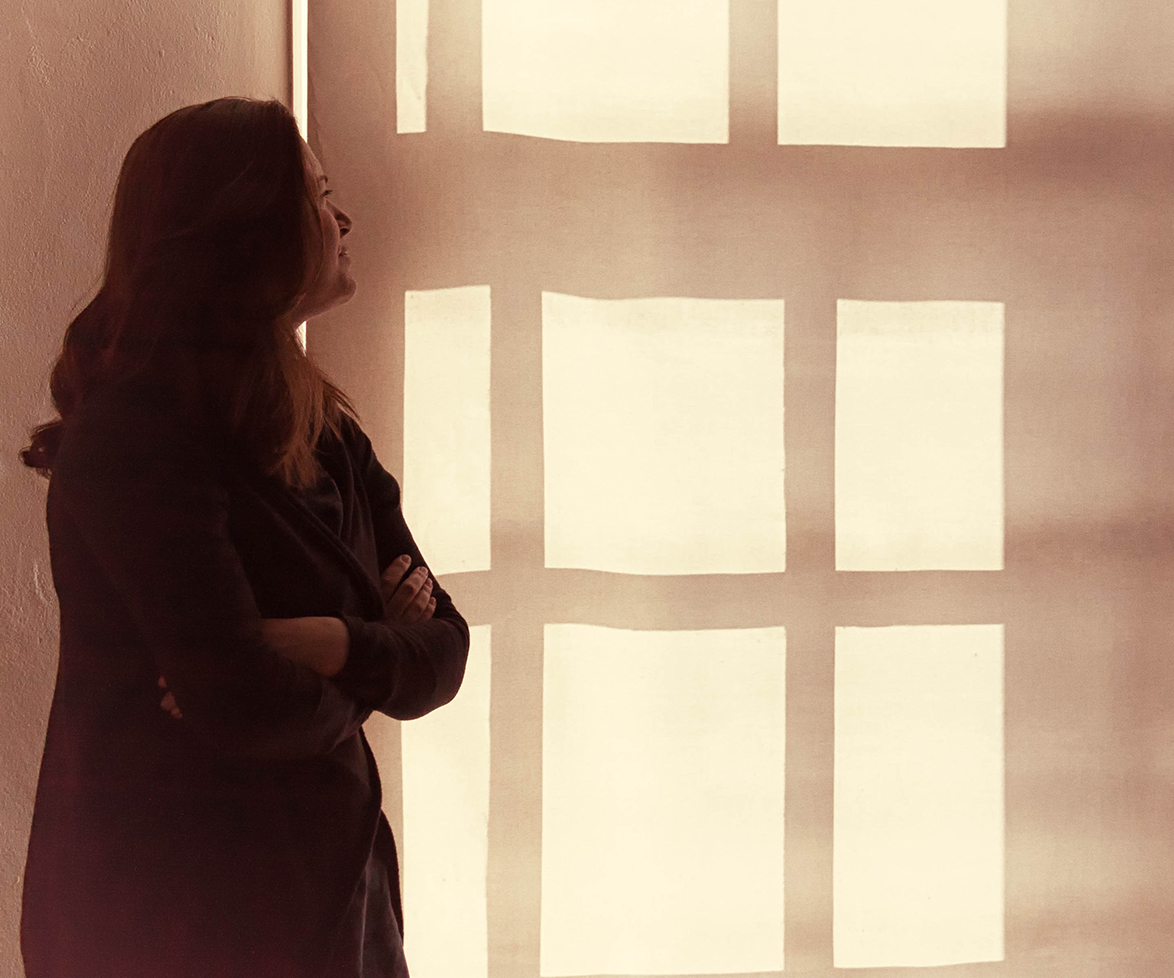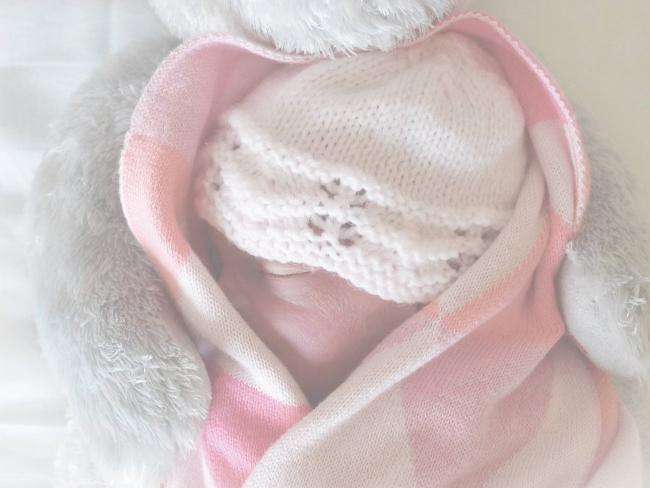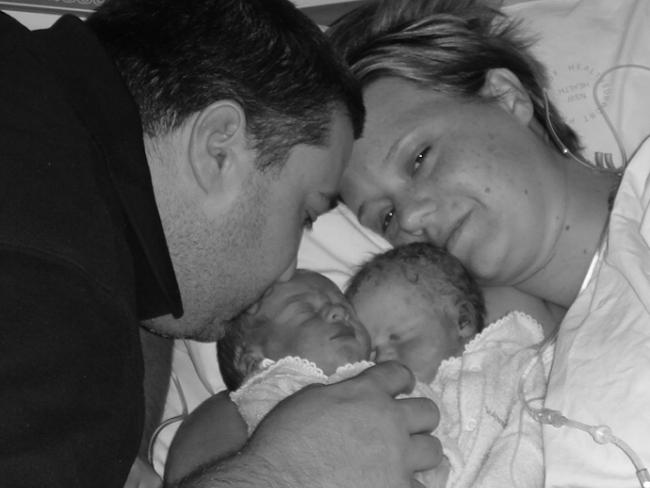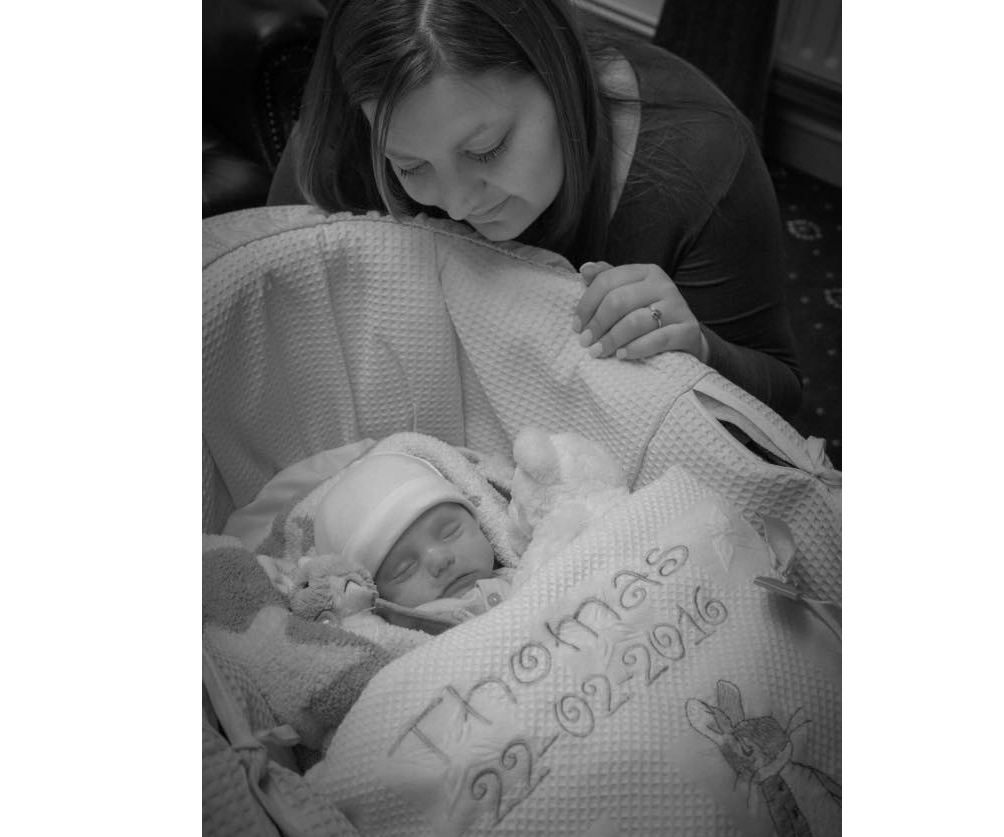My first pregnancy with my daughter was very straight forward; everything was completely textbook.
Things were looking that way the second time around until I reached the halfway mark and had my morphology scan. The doctors found abnormalities with my son Dominic’s heart.
After many investigations, at around the 35-week mark, our doctors had a lot of confidence that Dominic would survive until birth and that they would be able to treat him with surgery. We were finally able to relax and look forward to welcoming our second baby.
When I arrived at my 39-week appointment – my very last appointment before Dominic was going to be born – my obstetrician asked all the usual questions, but when he popped me on the Doppler, he wasn’t able to find Dominic’s heartbeat. I was rushed in for a scan to confirm.
The worst moment of my life was seeing Dominic on the ultrasound scan with his heart just… still. We’d had twelve ultrasounds throughout my pregnancy, which had always been focused on his heart, so I knew every detail of how it usually moved. This time it was completely still. It was the absolute worst part of the whole ordeal. It was completely devastating.
My husband and I were given all the options for what we could do next, and we decided that I would be induced later that night. Dominic was born very early the next morning.
We held his funeral one week later, on his due date.
After the funeral was over, there was nothing left for us to organise. All of sudden, we were left with this silence and emptiness. Nothing needed to be done. There was no baby for us to look after. Outwardly, it was like we’d gone back in time nine months to before I had been pregnant, but inwardly nothing was the same.
I think this is everyone’s worst nightmare, particularly if you have children; the last thing you want to think about is one of them not being here anymore. It is one of the most heartbreaking things that could happen.
For a while it very much felt like just me and my husband struggling through the emotions by ourselves, but then I had a friend go through something very, very similar less than two months after us.
I felt like I quite quickly fell into a support role – in those early days I was a little bit ahead of her on the grief journey – and we were able to offer each other comfort in recognising the similarities between our experiences. There is so much peace to be found in connecting with others who understand.
Later, I saw an ad calling for volunteers for Sands Australia [an Australian miscarriage, stillbirth and neonatal death charity] on my Facebook feed and I immediately emailed them to become a volunteer. I now volunteer as a parent supporter on their online live chat service. Sands offer in-person support meetings and a 24-hour phone service. The most recent service they’ve added is the live chat through their website.
I feel it’s very helpful to be honest about what your needs are. You may need to tell others if you want them to talk about your baby; people will tend to assume you don’t want to be reminded and that can feel very hurtful if you find that you want your baby to be acknowledged.
For me, the most distressing thing was imagining that my son would be forgotten, so I found it incredibly healing to have other people mention him.
Dominic was born in early October. It felt like there was never going to be any right time to announce his birth and death to the world – but Pregnancy and Infant Loss Awareness Day (October 15) gave us that opportunity. We posted Dominic’s entire eulogy on Facebook that day, and that’s how we let everyone know what had happened.
I don’t know if we would have felt confident to do that on any other day of the year, but that day really gave us permission to post it. October 15th is an incredibly important day.
If you, or someone you know has lost a child, and you need to talk about it, contact Sands Australia or beyondblue for support.




